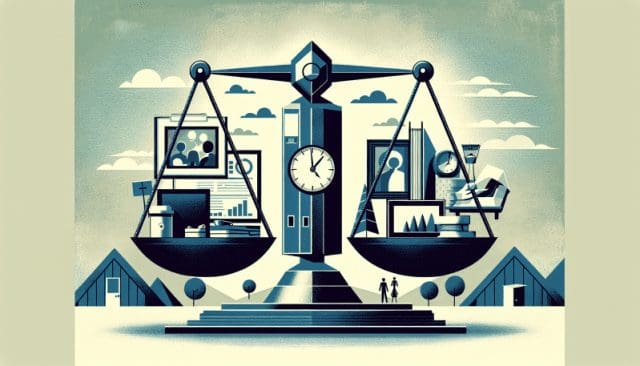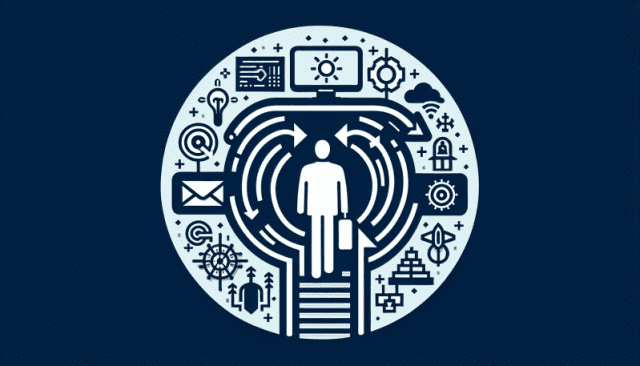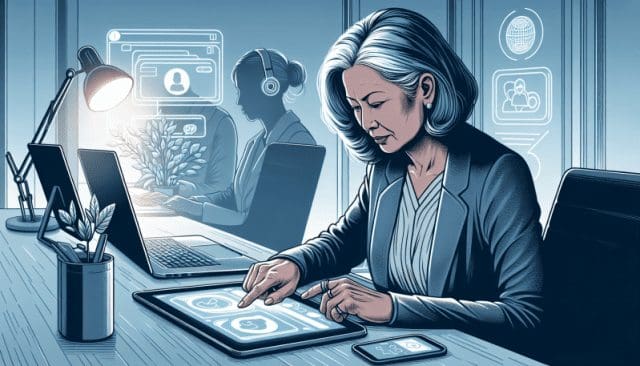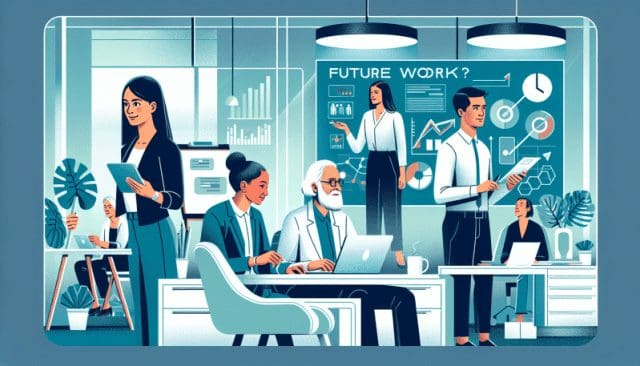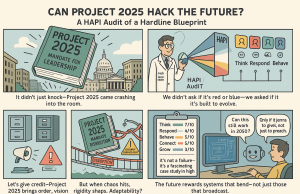Diversity and Inclusion: Building a Truly Modern Workplace
Diversity and inclusion are not just corporate buzzwords; they are critical aspects of building a truly modern workplace. In today’s globalized and interconnected world, organizations must recognize the importance of diversity and create inclusive environments that embrace differences in race, ethnicity, gender, sexual orientation, age, and more. By fostering diversity and inclusion, companies can reap numerous benefits and overcome the challenges associated with creating a truly inclusive workforce.
One of the key benefits of having a diverse workforce is the ability to tap into a wide range of perspectives and ideas. When individuals from different backgrounds come together, they bring unique experiences and insights that can drive innovation and creativity within the organization. This diversity of thought can lead to better problem-solving, enhanced decision-making, and increased adaptability in an ever-changing business landscape.
Additionally, a diverse workforce can also help organizations better understand and meet the needs of their diverse customer base. By reflecting the demographics of their target market, companies can develop products and services that resonate with a broader audience. This increases customer loyalty, strengthens brand reputation, and ultimately drives business success.
However, organizations may face challenges in achieving true inclusivity. Some common barriers include unconscious biases, lack of awareness, and systemic discrimination. It is essential for companies to recognize and address these challenges to create a workplace culture that promotes fairness, respect, and equal opportunities for all employees.
To foster a culture of belonging and ensure equal opportunities, companies can implement several best practices. First and foremost, leadership must prioritize diversity and inclusion as a strategic goal and actively communicate its importance throughout the organization. This top-down approach signals commitment and sets the tone for a diverse and inclusive workplace.
Companies should also establish comprehensive diversity and inclusion policies and practices that are embedded into every aspect of the organization, from recruitment and hiring to talent development and promotion. This includes implementing diverse candidate slates, unconscious bias training, mentoring programs, and employee resource groups that celebrate different identities and create a sense of belonging.
Moreover, organizations should regularly evaluate their progress and measure the impact of their diversity and inclusion initiatives. By collecting and analyzing data on representation, pay equity, and employee satisfaction, companies can identify areas for improvement and make informed decisions to drive change.
Embracing diversity not only leads to a more inclusive workplace but also fosters innovation and drives overall business success. Research consistently shows a positive correlation between diversity and financial performance. Companies that embrace diversity and inclusion outperform their competitors, attract top talent, and have higher employee engagement and retention rates.
In conclusion, building a truly modern workplace requires organizations to prioritize diversity and inclusion. By embracing differences and fostering a culture of belonging, companies can unlock the benefits of a diverse workforce, overcome the challenges associated with inclusivity, and drive innovation and business success. It is not only the right thing to do but also the smart thing to do for organizations looking to thrive in today’s diverse and interconnected world.

















